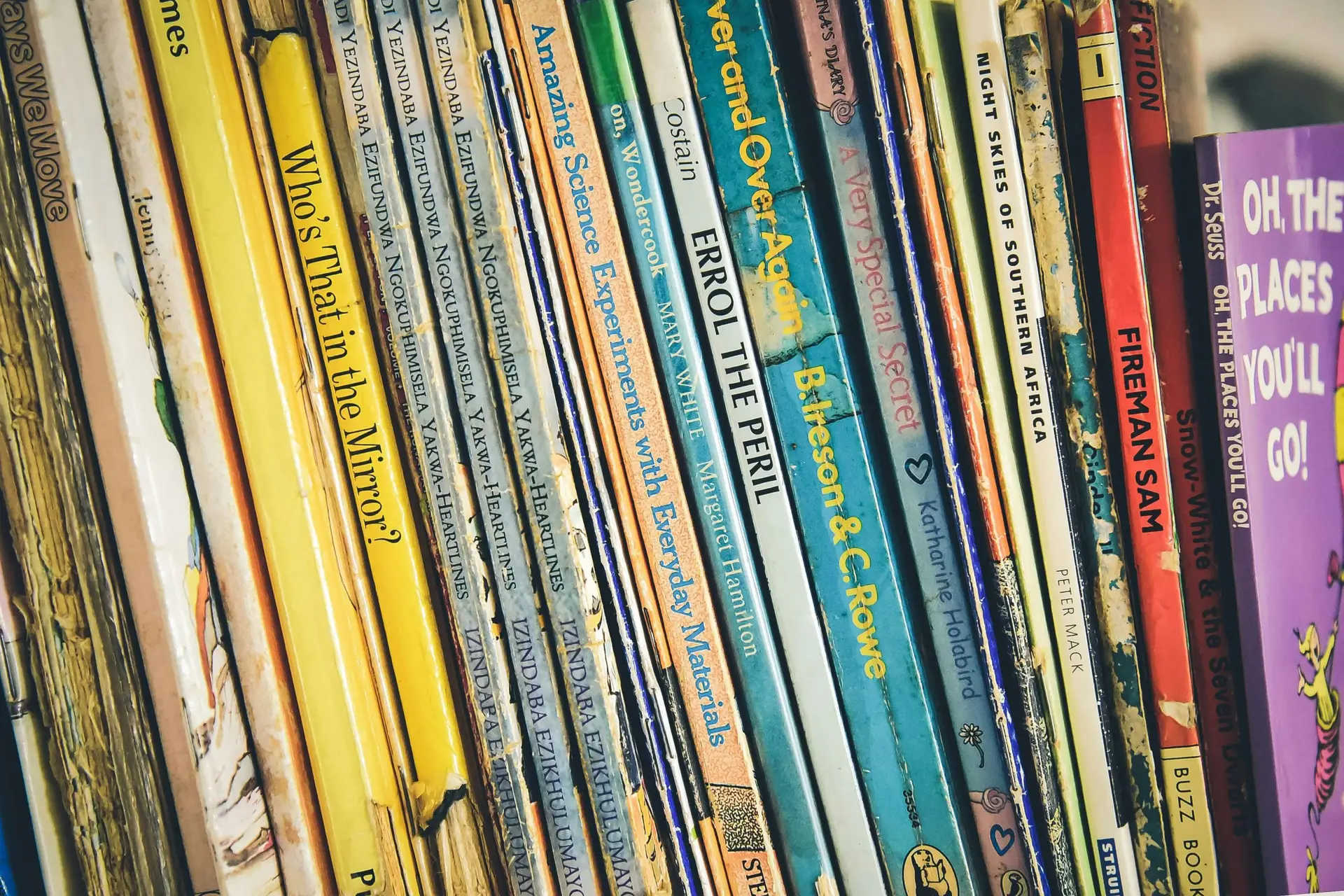In today’s fast-paced world, nurturing children’s mental well-being is crucial. Literature offers guidance, empathy, and understanding, helping them navigate emotions, build self-esteem, and cope with anxiety. Join us in exploring the transformative power of children’s books in shaping resilient, emotionally intelligent young minds. In this blog we discuss children’s books for mental health and why they are so beneficial.
Navigating the Maze of Emotions: Books to Foster Emotional Intelligence
The tween years can be a tumultuous time, filled with new emotions and social challenges. To help children aged 8-12 learn to understand and manage their feelings, literature can be a wonderful tool. A book like “The Color Monster” by Anna Llenas explores emotions through vibrant illustrations and simple text. This makes complex feelings like happiness, sadness, anger, and fear more tangible for young readers.
Another recommendation is “Me and My Feelings” by Vanessa Green Allen. It provides scenarios and exercises that guide to reflection. Offering practical advice on how to deal with overwhelming emotions and build emotional intelligence.
Cultivating Self-Esteem Through Stories
Self-esteem can be like a delicate seedling in middle school—tender and in need of nurturing conditions to thrive. Books that tackle issues of confidence and self-perception can provide the encouragement children need. “Stand Tall, Molly Lou Melon” by Patty Lovell tells the tale of a little girl who celebrates her unique talents and appearance, teaching readers the power of self-confidence.
“Starfish” by Lisa Fipps touches on body positivity and bullying, following a girl who learns to recognize her own worth in a world quick to judge. Encouraging a positive self-image is paramount during these formative years, and books like these are invaluable companions on that journey.
Understanding Anxiety Through Relatable Characters
Many middle schoolers grapple with anxiety, often silently. Reading stories where characters face—and overcome—anxiety can validate their experiences and teach coping strategies. “Finding Perfect” by Elly Swartz is about a girl dealing with OCD, providing insight into the inner workings of an anxious mind while fostering empathy and understanding.
“A World of Pausabilities” by Frank J. Sileo is another excellent choice, offering a look into mindful pauses that one can take throughout the day to manage anxiety. Through literature, children can discover they’re not alone in their worries and that their feelings don’t define them.
—
Conclusion
Books are powerful tools for helping children develop a strong mental foundation. By fostering discussions around emotional intelligence, self-esteem, and anxiety, we are equipping our children with the resilience to face life’s ups and downs. Childhood and adolescence contain a landscape of emotional learning; it’s our role to provide the map through resources like thoughtful literature. Whether you’re a parent, educator, or mentor, consider incorporating these books into your toolkit for nurturing the mental well-being of the children in your life. Moreover, platforms like Troomi Wireless offer a safe smartphone solution for kids, empowering parents with control over their children’s digital experiences. With access to apps like Kindle and Libby, children can explore thousands of online books, further enriching their mental health journey through literature in a safe and monitored environment. By integrating technology responsibly and encouraging reading habits, we can support holistic development in today’s digitally immersed world.
Interested in learning more? Click here.

